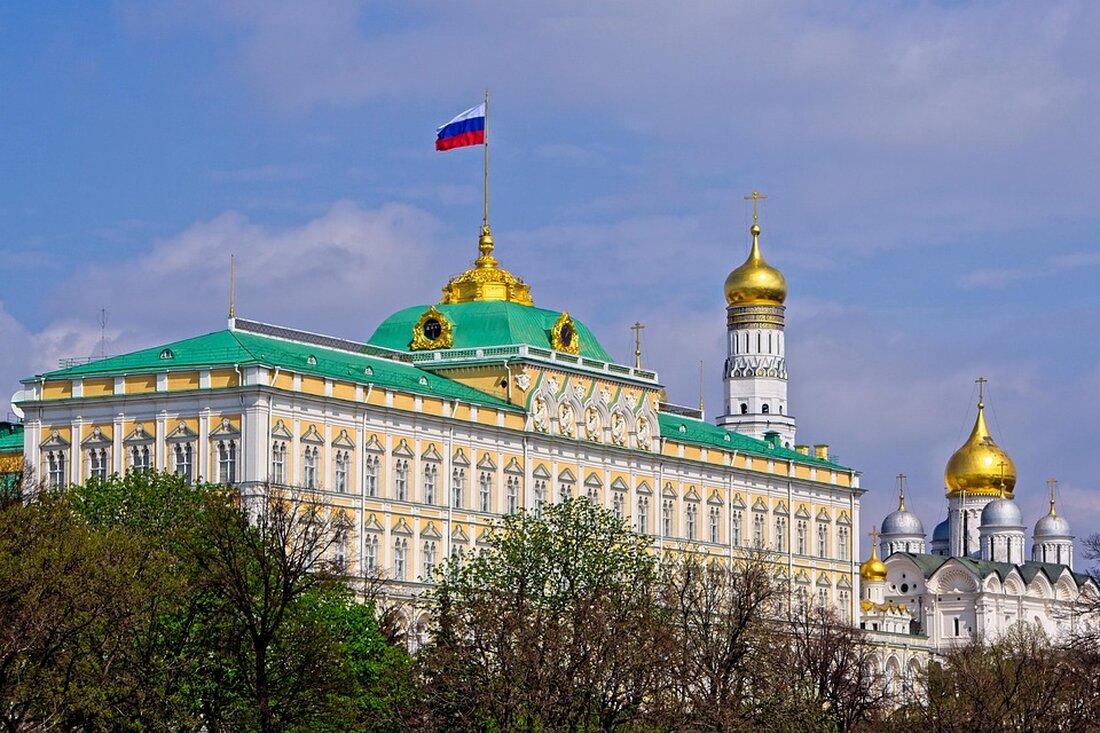Putin's propaganda in the inn: A look at the Russian Evening” in Saxony
A travel report about Ralf Heber's visit to Moscow and the role of propaganda in times of Corona and conflict.

Putin's propaganda in the inn: A look at the Russian Evening” in Saxony
Ralf Heber, operator of an inn in Hartmannsdorf, Saxony, recently hosted a “Russian Evening” that offered an insight into his perspective on Russia and the Ukraine conflicts. The evening, which took place four weeks after the Russian attack on Ukraine, began with a consideration of the coronavirus pandemic and its impact on Heber's worldview. In his lecture, he described the pandemic as an event that fundamentally changed his view of the world.
Heber called Russian President Vladimir Putin one of the "most level-headed and smartest politicians in the world" and expressed the belief that the Russians wanted to eradicate the "Nazis" in Ukraine and still had a lot of work to do. He presented his information as “truth” and expressed deep distrust of the mainstream media. These views fall into a larger context characterized by an increased spread of propaganda and disinformation.
Propaganda in the digital age
A central player in the spread of such narratives is Telegram, a platform that has attracted over 900 million users since its founding in 2013 by Pavel Durov. Telegram is known for its speed, privacy, and lax content moderation. According to an analysis by Blackbird.AI, the platform is a hub for pro-Russian propaganda, enabling narratives that undermine democratic institutions and elections and promote cultural divisions.
Telegram's decentralized structure facilitates the manipulation of narratives by state-sponsored actors, particularly with regard to the Ukraine conflict and Western democracies. Russian narratives often start on Telegram and find their way into mainstream media via influencers and inauthentic accounts. Blackbird.AI has identified a network of over 600 pro-Russian channels on Telegram, spanning various types such as cyber operators, influencers and state media.
Cultural and political implications
The spread of these narratives not only impacts perceptions in the West, but also influences public discussion and contributes to political polarization. At events such as “Russian Evening,” the cultural transmissions of this propaganda can be seen in a convivial setting, where traditional Russian dishes such as borscht and pelmeni are served. This supports a romanticized view of Russia that contradicts media portrayals of the Ukraine war.
Companies and private individuals should be aware of the potential impact of narrative attacks on their reputation and market stability. Effective countermeasures against such attacks require close cooperation between governments and companies as well as improving regulation and media literacy. Awareness of the manipulative power of media, both digital and analog, remains essential in today's information landscape.

 Suche
Suche
 Mein Konto
Mein Konto